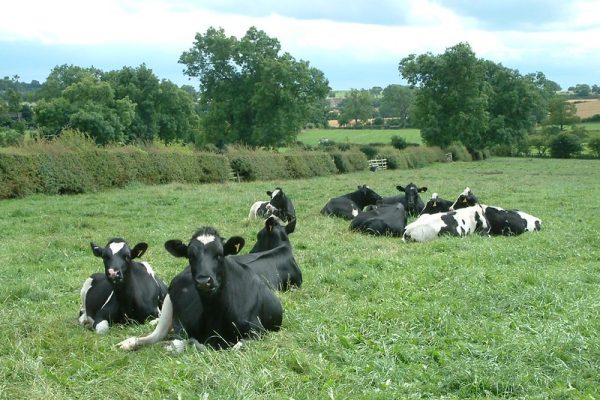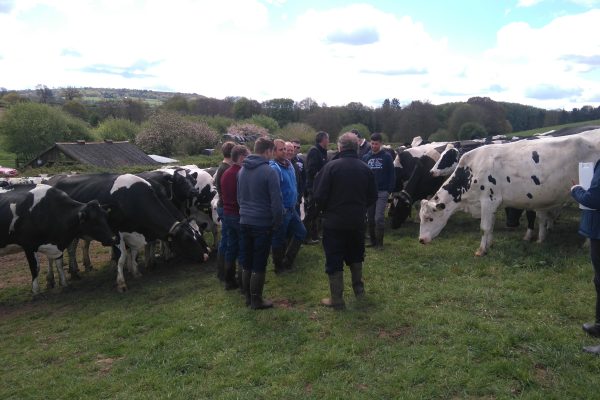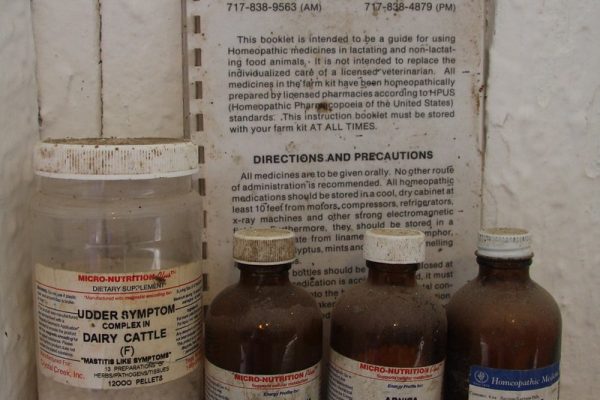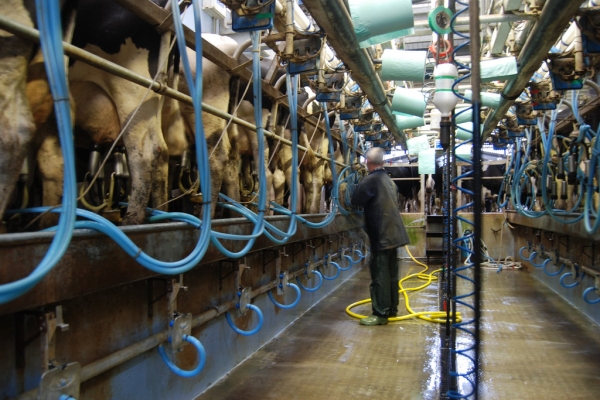Psst! Tell us the REAL secret of how you keep your animals healthy
Do you use ‘alternatives’ to conventional drugs and other interventions to keep your livestock healthy? There are many farmers – conventional, organic and those in-between – successfully reducing or using low levels of antibiotics and they are using many different methods. But some of these are not getting the recognition they deserve.
There are conventional and organic dairy farmers who use homeopathy and have significantly reduced vet and med bills; others have success with probiotics, apple cider vinegar, Obsalim, essential oils, acupuncture, osteopathy, seaweed, herbs, cold water treatments; and others swear by herbal leys, reduced stress and changed production profiles.
These approaches are often ignored when anti-microbial strategies are presented and discussed. The upshot is that overall, we have a blinkered view about what farmers are using and what success they are having in managing their farms and livestock for health.
Whole Health Agriculture (WHAg) is a community of farmers, health professionals and consumers dedicated to supporting and promoting farmers who farm for health and learning what they do and what works – what is best practice.
So, this year we are carrying out a survey aimed at learning more about the untapped reservoir of knowledge, experience and wisdom farmers have of natural and alternative practices and treatments, some of which have been passed down through generations.
This is a survey for farmers made by farmers with input from researchers. Much time and effort has been spent ensuring that we are asking the right questions in the right way so that farmers’ voices are heard and their expertise properly documented.
Please, farmers who are reading this, help us start to show what your non-conventional approaches can do to produce healthier livestock and healthier food. With US food imports on the horizon, it is even more important that successful wholistic farming treatments and methods for animal health are documented and evaluated.
So, whether you are conventional or organic, you run a large commercial enterprise or keep a few animals for home consumption; whether you use a single ‘alternative’ product or you are totally ‘drug and chemical free’ – your experience is important!
Tell your story; have your say; take our survey: https://wholehealthag.org/survey/
Grab a coffee (or something else) as it can take 30 minutes. You may also come back to it if interrupted but make sure you complete to enter the prize draw!
Thanking you in advance for your support.
Lawrence Woodward writes of himself “I began my farming life in the early 1970s following the oil crises of those years. “How do we feed ourselves when the oil and other resources run out?” weighed heavily on me. For me the answer was organic farming. In 1976, I began to convert a family owned mixed, dairy to an organic system. The challenges involved in this led to my co-founding and then directing for 30 years the Organic Research Centre. Here, we developed an innovative research and policy programme; the Organic Advisory Service and farmer-based initiatives including the Organic Milk Suppliers Co-op and Organic Arable. My hands-on farming in those early years was milking our commercial Jersey herd. I became fascinated with the process of practical health management – not just looking for alternatives to antibiotics – but how all aspects of the farm and its management create health or dis-ease. Some things can be managed but there also has to be a mindset change in all those working on the farm. This is the focus of Whole Health Agriculture. I firmly believe the health of soil, plant, animal and man is one and indivisible and it can be a practical reality on all farms.”





